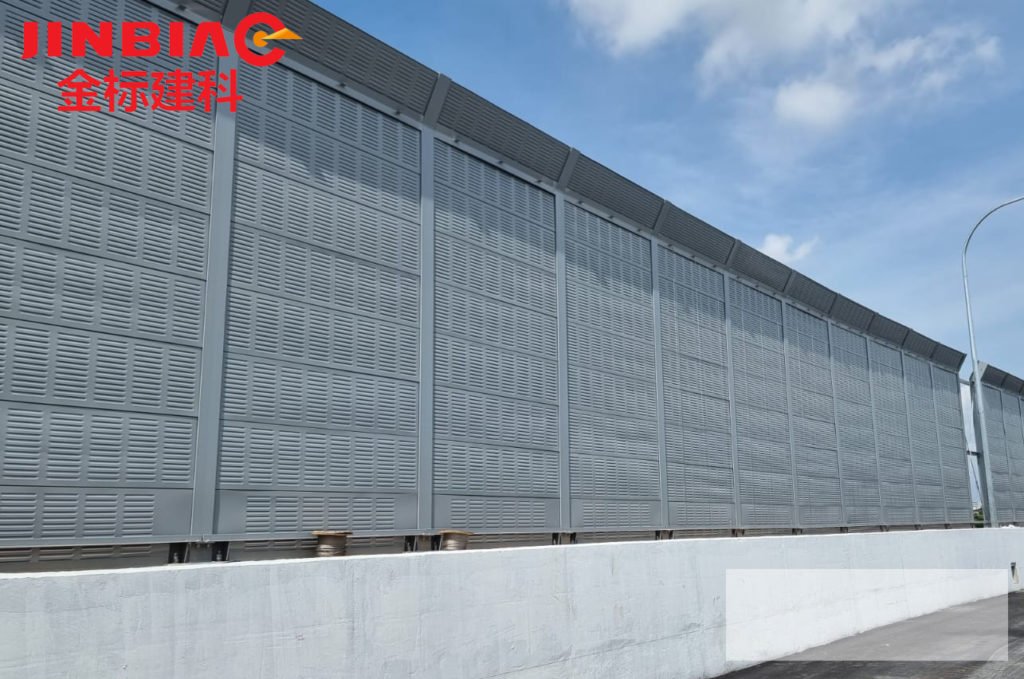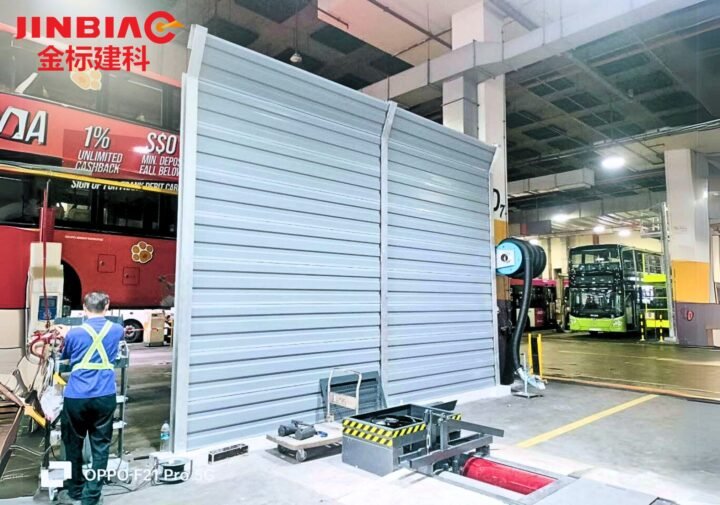
In construction and renovations, the battle against unwanted noise is often a top priority for homeowners and professionals alike. Whether it’s the hum of a busy street or the echoes of a bustling family home, the right soundproofing material can make all the difference. Sound barrier sheets and traditional insulation each offer unique benefits, but which is the right solution for your particular project?
Let’s compare the two in this informative listicle that will help you tackle your next soundproofing venture with confidence.
1. Sound Barrier Sheets
Sound barrier sheets, also known as mass-loaded vinyl (MLV), are dense yet flexible materials designed specifically for soundproofing. They are typically thin, making them easy to handle and install.
Advantages of Sound Barrier Sheets
Firstly, a sound barrier sheet is incredibly effective at blocking sound transmission, particularly for airborne noises. They are also quite versatile and capable of being installed on various surfaces and configurations, including under carpets or behind drywall. Additionally, they’re resistant to moisture and can contribute to energy efficiency due to their insulating properties.
Limitations of Sound Barrier Sheets
The main drawback of sound barrier sheets is their relatively high cost compared to traditional insulation. They also don’t address vibration noise, which is common in mechanical systems like HVAC units.
Best Applications for Sound Barrier Sheets
Sound barrier sheets excel in projects where airborne noise is the primary concern and when space is limited. High-traffic areas, home studios, and even automotive applications have seen significant benefits from sound barrier sheet installations.
2. Traditional Insulation
When we speak of traditional insulation, we’re referring to materials like fibreglass or mineral wool, which are designed for thermal insulation but do offer some level of sound absorption.
Advantages of Traditional Insulation
One of the major perks of traditional insulation is its ability to address both airborne and vibrational sounds, to some extent, providing a comprehensive noise reduction solution. It’s also cost-effective and can be easily combined with other types of insulation for a multi-layered approach to soundproofing.
Limitations of Traditional Insulation
While traditional insulation can dampen noise, it’s not as effective as sound barrier sheets when it comes to blocking it entirely. It can also deteriorate over time, reducing its noise-reducing abilities.
Best Applications for Traditional Insulation
Traditional insulation is best used in wall cavities and ceilings, where it can help maintain a comfortable temperature and provide a moderate level of soundproofing. It’s a staple in residential and commercial construction for these reasons.
3. Factors to Consider
Before making a decision, it’s crucial to assess the primary types of noise you are trying to mitigate. Sound barrier sheets might be the better choice if you’re dealing with high-frequency sounds or mechanical noise. Lower-frequency noises, however, can be better handled with traditional insulation.
Budget
Your budget will play a significant role in deciding between sound barrier sheets and traditional insulation. MLV is generally more expensive but offers a more targeted and immediate solution to specific noise issues. Traditional insulation, due to its dual-purpose use in thermal and sound insulation, can be a budget-friendly choice for broader soundproofing needs.
Installation Ease
Sound barrier sheets are often touted for their ease of installation, requiring only basic tools. Traditional insulation can be a bit more labour-intensive, particularly if you need to remove existing insulation or address moisture issues.
Long-term Durability
Consider how long you plan to stay in the space you’re soundproofing. Sound barrier sheets have a longer lifespan compared to traditional insulation, which can compact and degrade over time. If you’re investing in a long-term solution, the longevity of your soundproofing material is a critical factor.
4. Real-life Scenarios Examples
Let’s take a look at some real-life scenarios to put these materials into perspective:
- Home Office Conversion: For a home office in a spare bedroom, sound barrier sheets might be the perfect solution to block out household sounds while being easy to install without the need to tear down walls.
- Multi-Unit Construction: In a multi-unit building, traditional insulation in the floors and walls provides a baseline of soundproofing for the entire structure, with additional sound barrier sheets installed in key locations to further mitigate noise.
- Industrial Warehouse: In an industrial warehouse where loud machinery is a concern, a combination of both sound barrier sheets and traditional insulation can provide comprehensive noise reduction. The MLV will block airborne noise, while the traditional insulation can absorb vibrations from heavy equipment.
Conclusion
When it comes to soundproofing, there’s no one-size-fits-all solution. Both sound barrier sheets and traditional insulation have their roles to play in different types of projects. That being said if you’re looking for a high-performance solution targeting specific types of noise and have the budget to match, a sound barrier sheet could be your best bet.
Conversely, if a more general, cost-effective approach to soundproofing is what you require, traditional insulation might be the right fit. Assess your needs, budget, and the nature of the project at hand to make an informed choice that will give you the quiet space you desire.
Hebei Jinbiao is a leading company in Noise Barrier products and Fencing products in Singapore. We guarantee to provide you with the most high-quality Sound Barrier and Fencing products along with our dedicated assistance. Do not hesitate to contact us. We are looking forward to helping you solve your noise issues, safety issues and protecting you from noise pollution as well as ensuring your safety.

